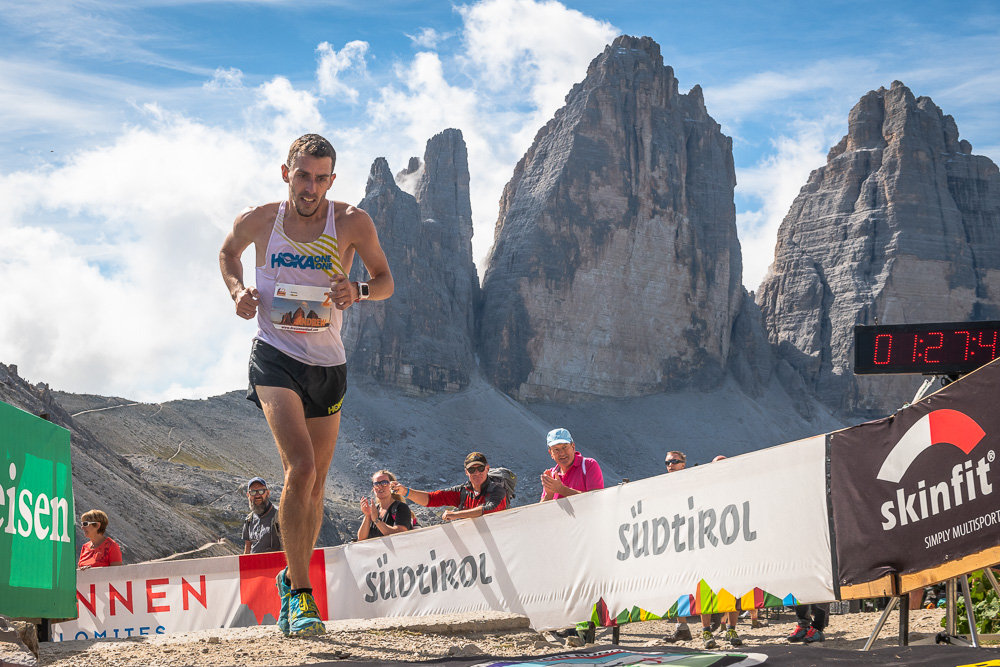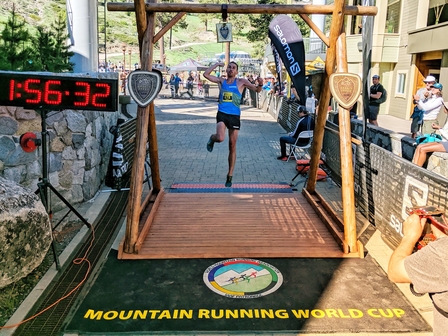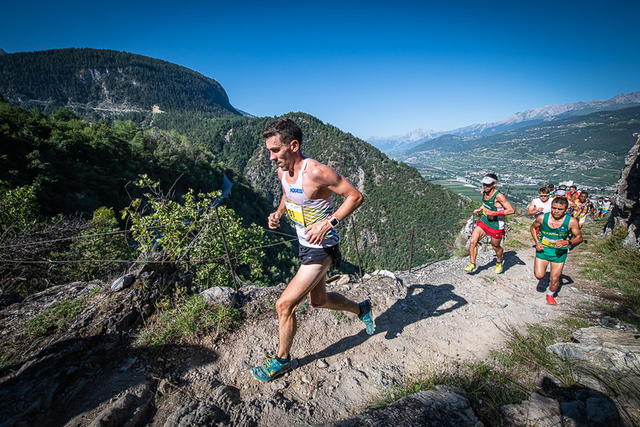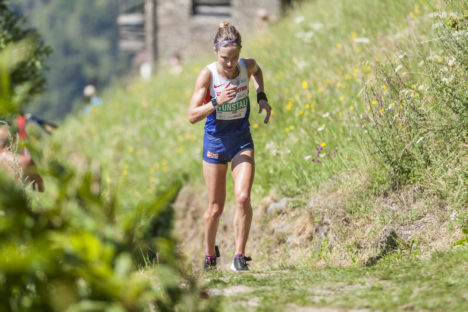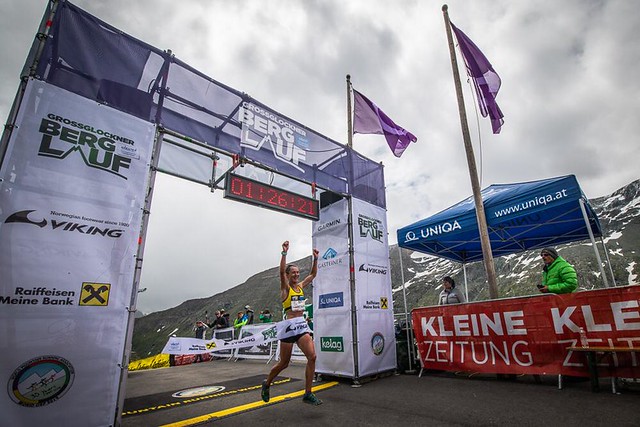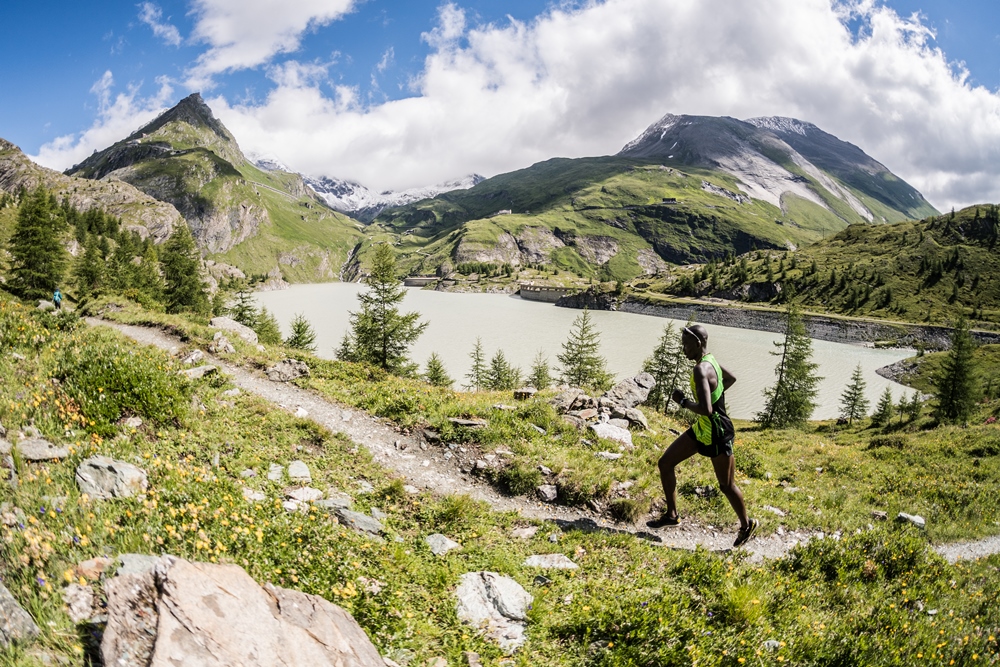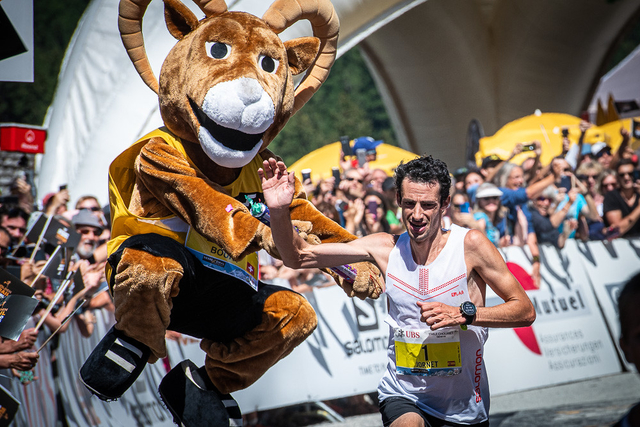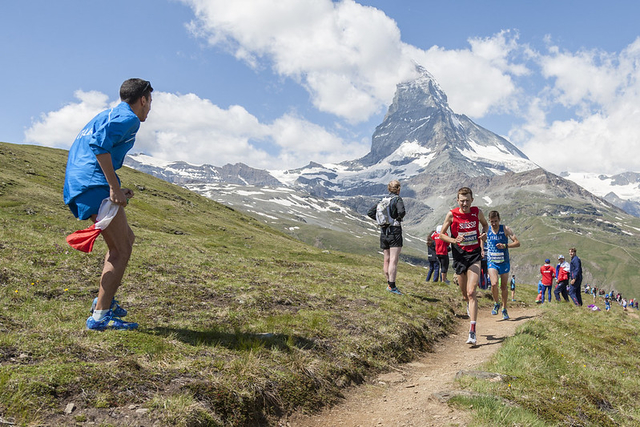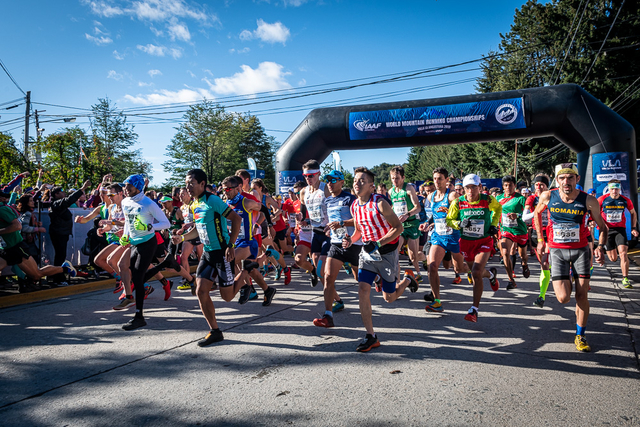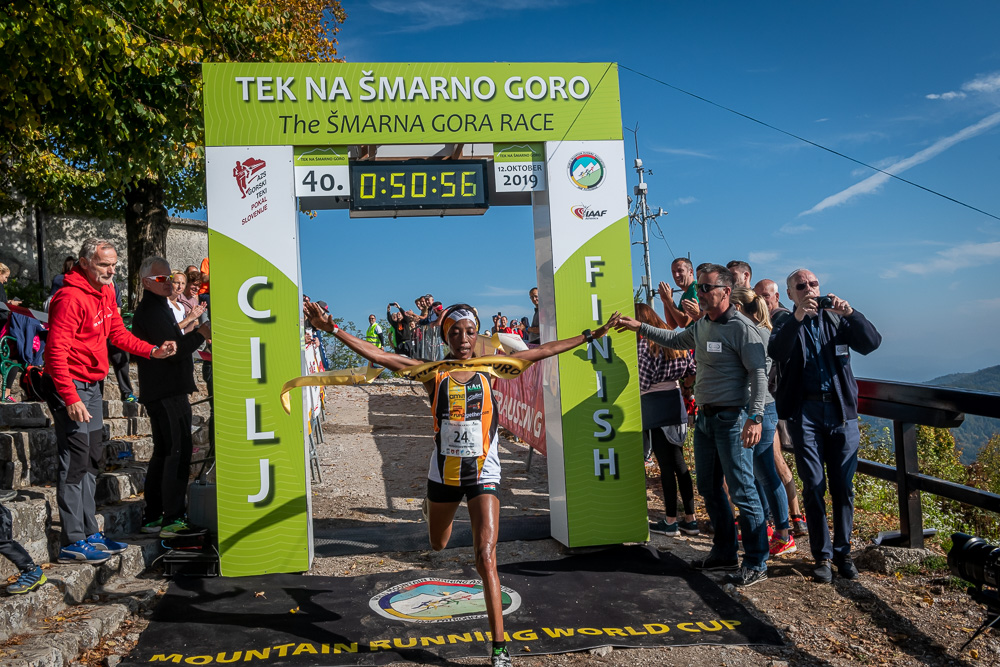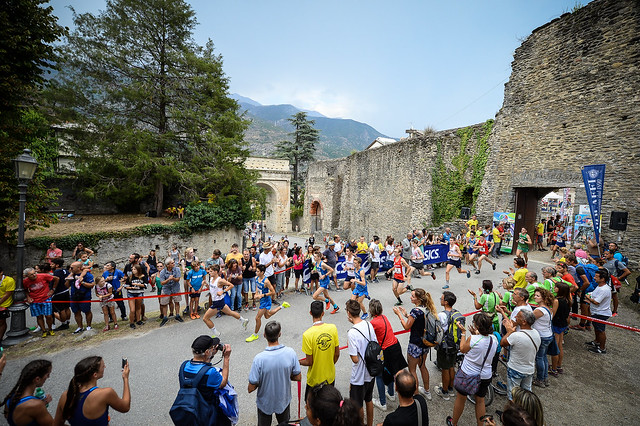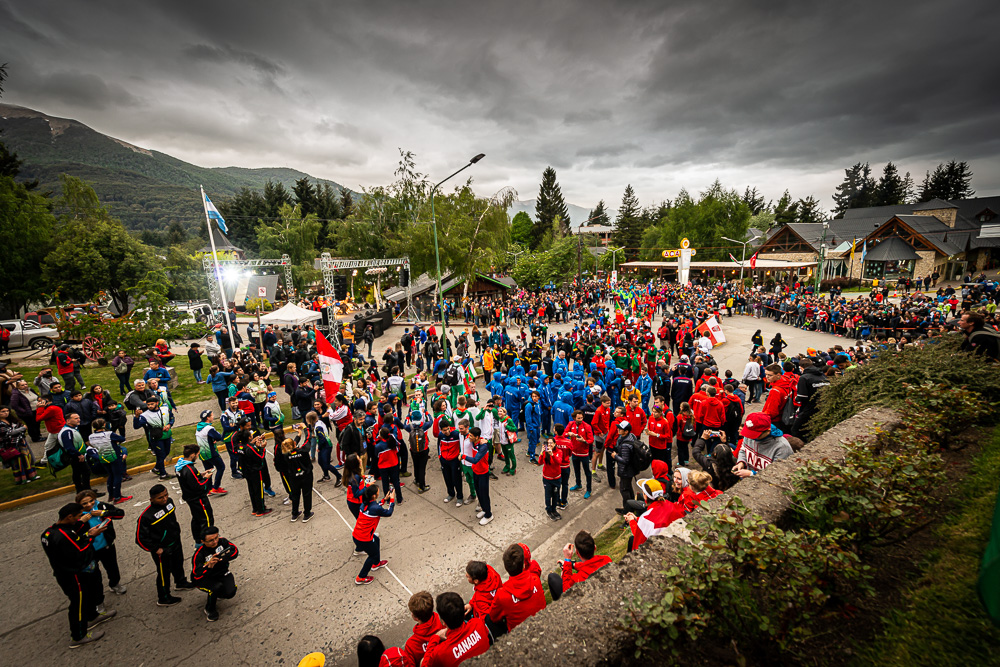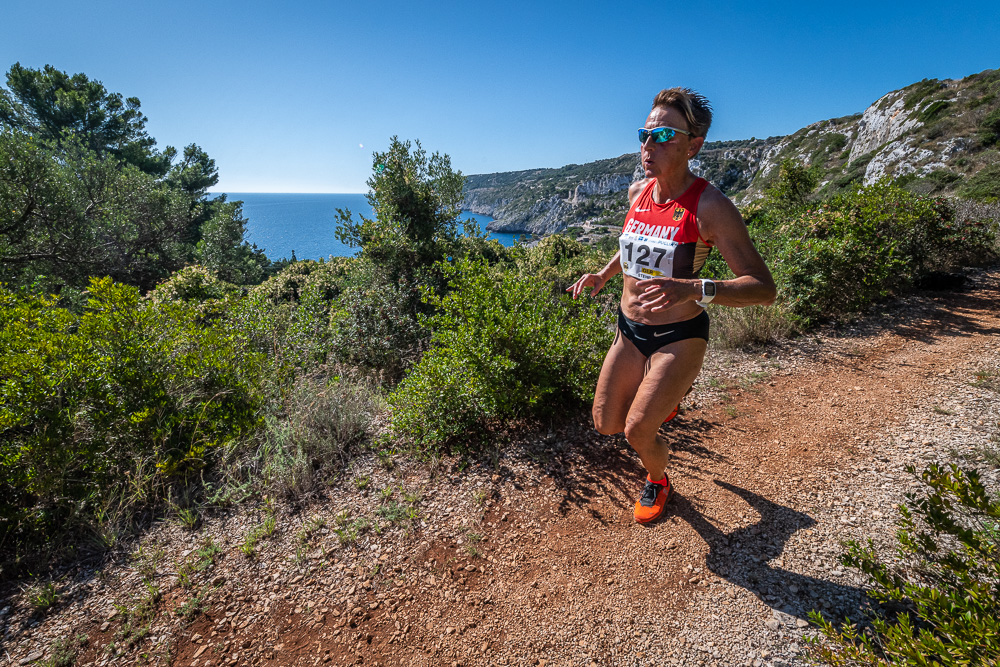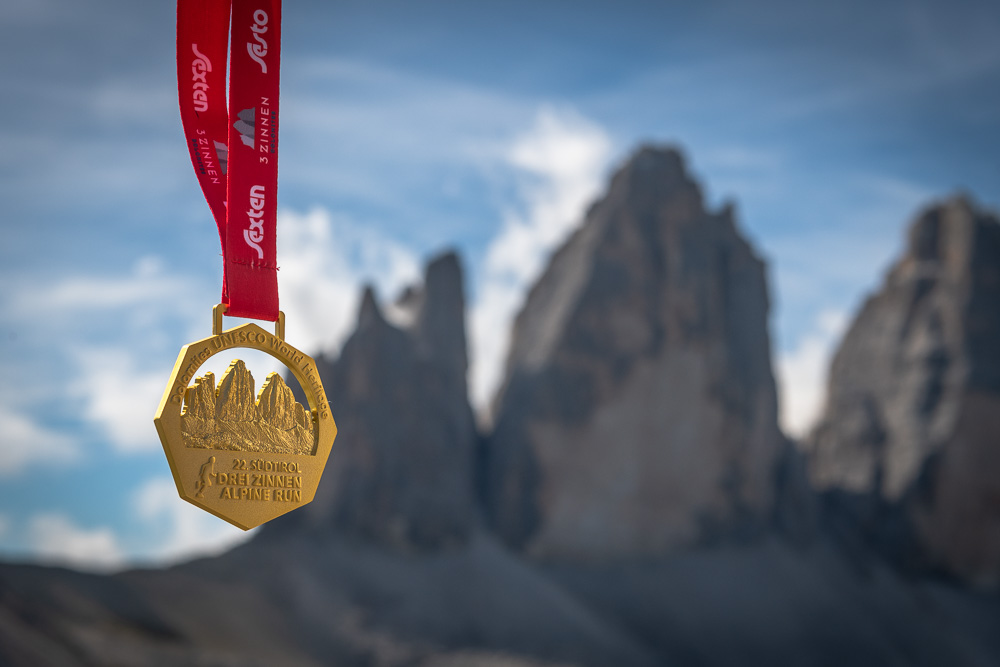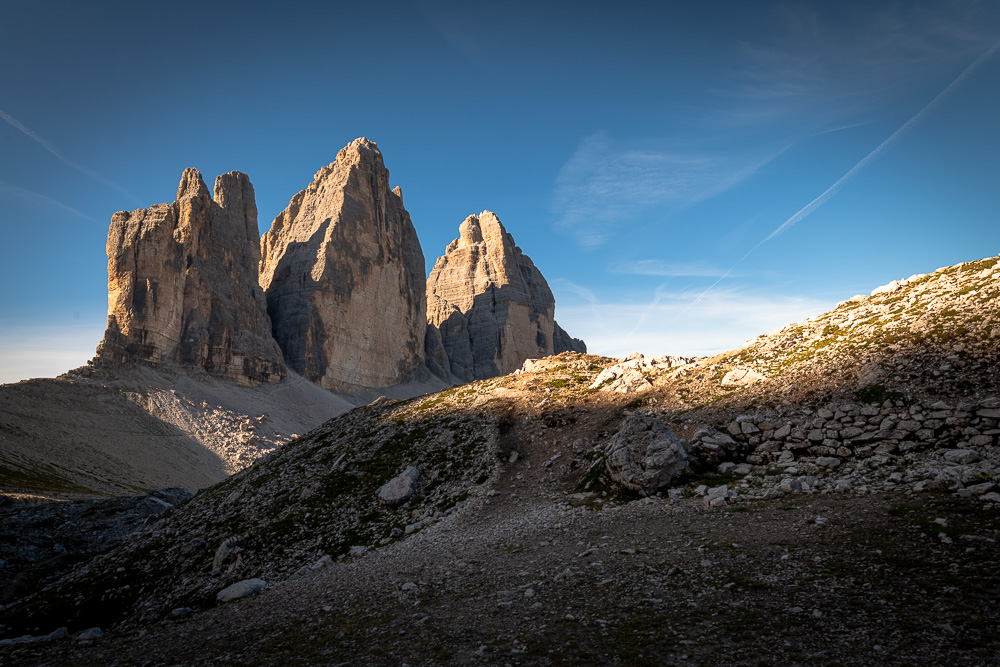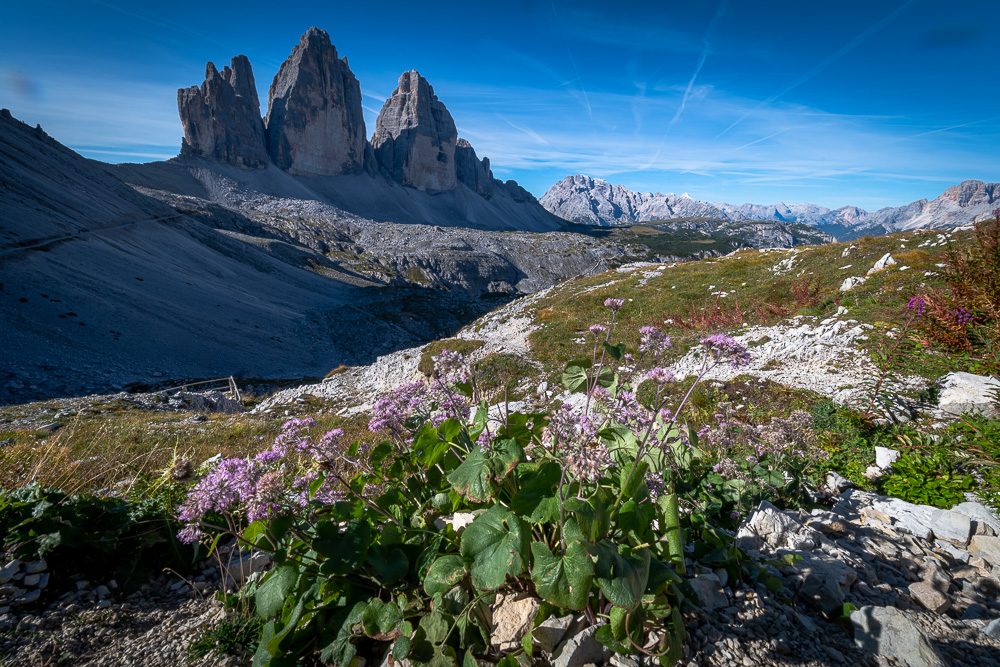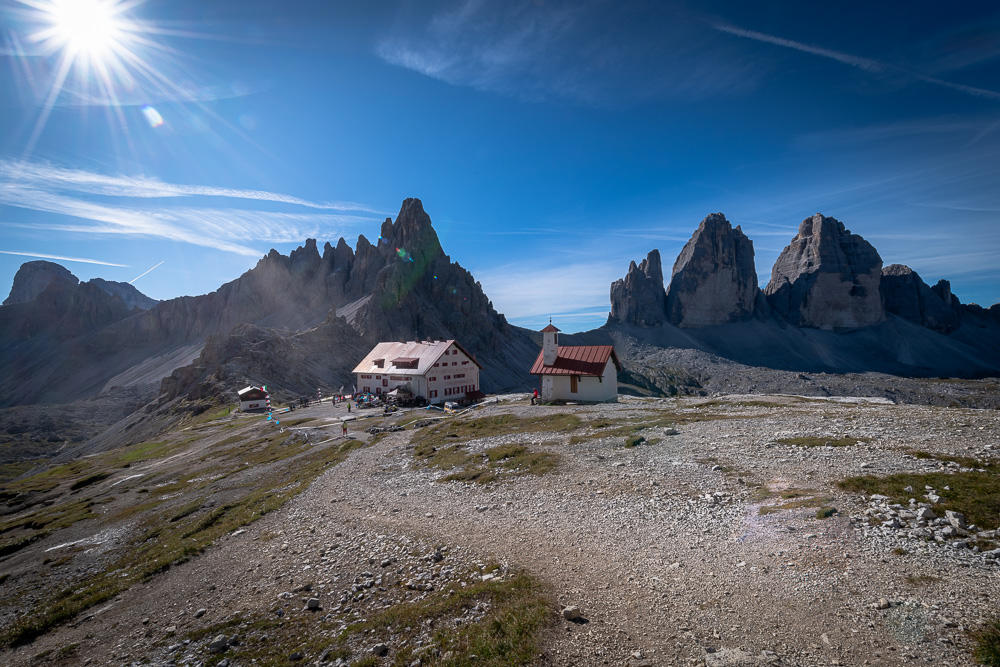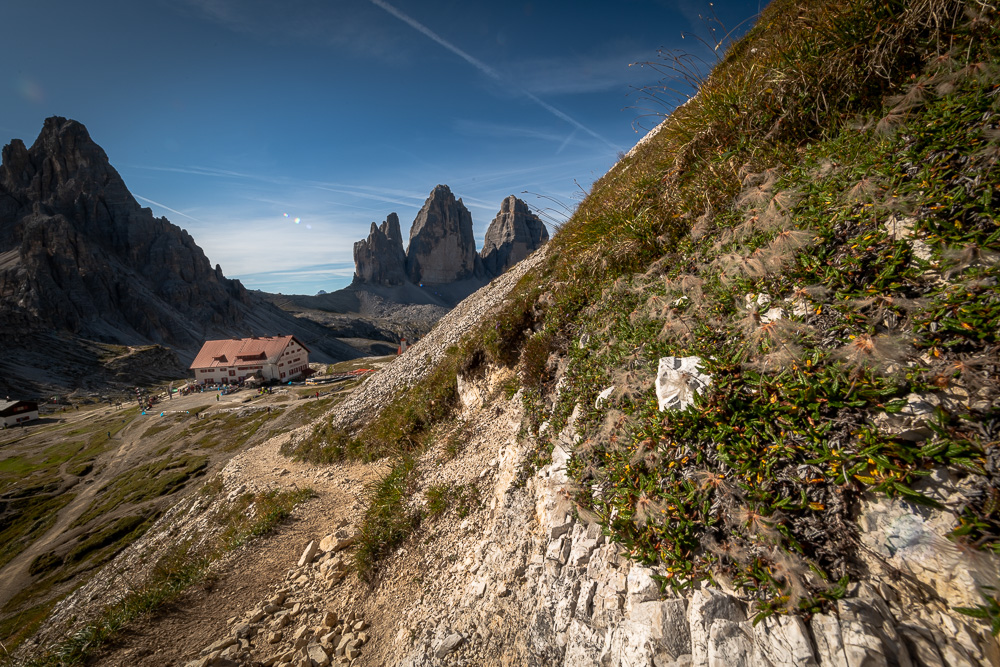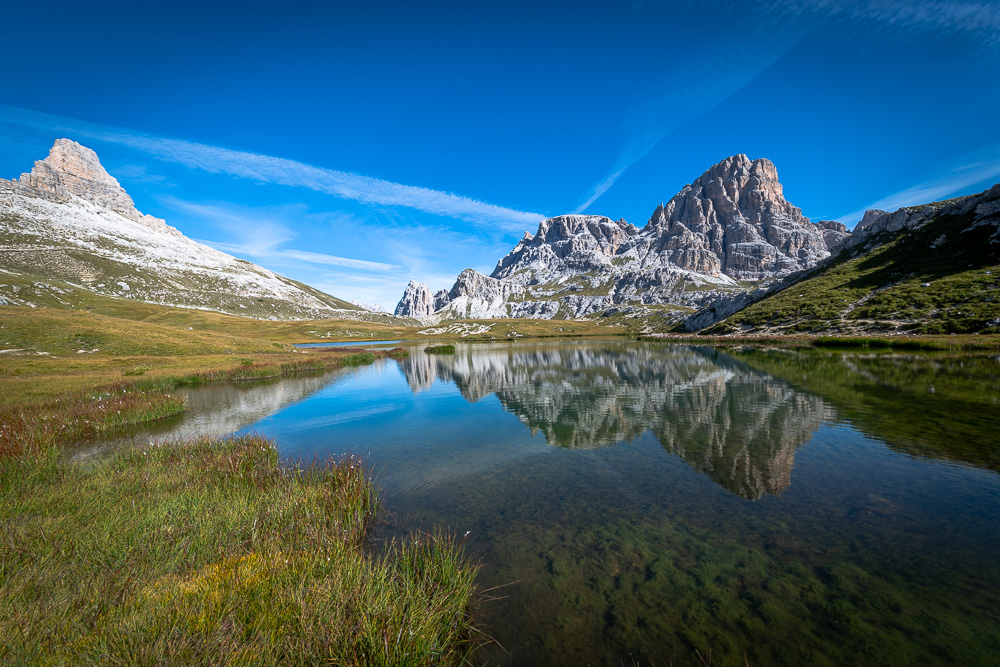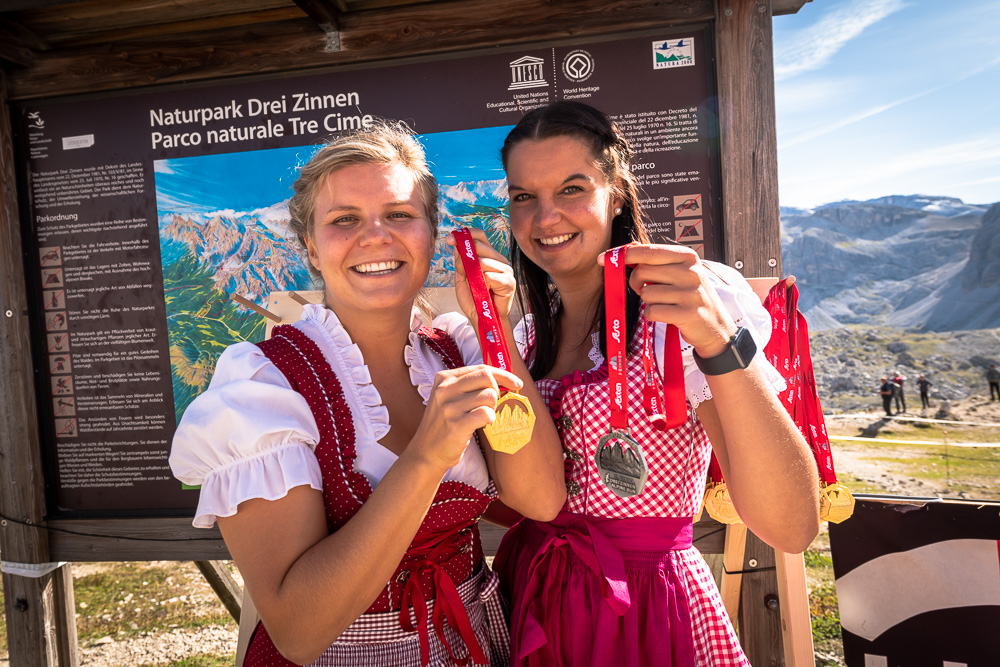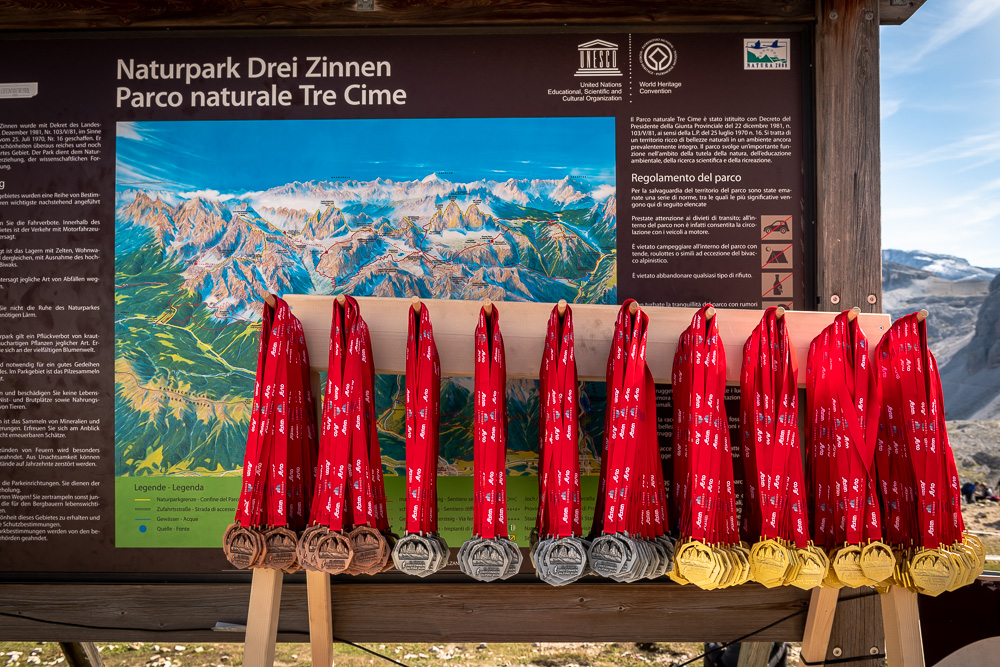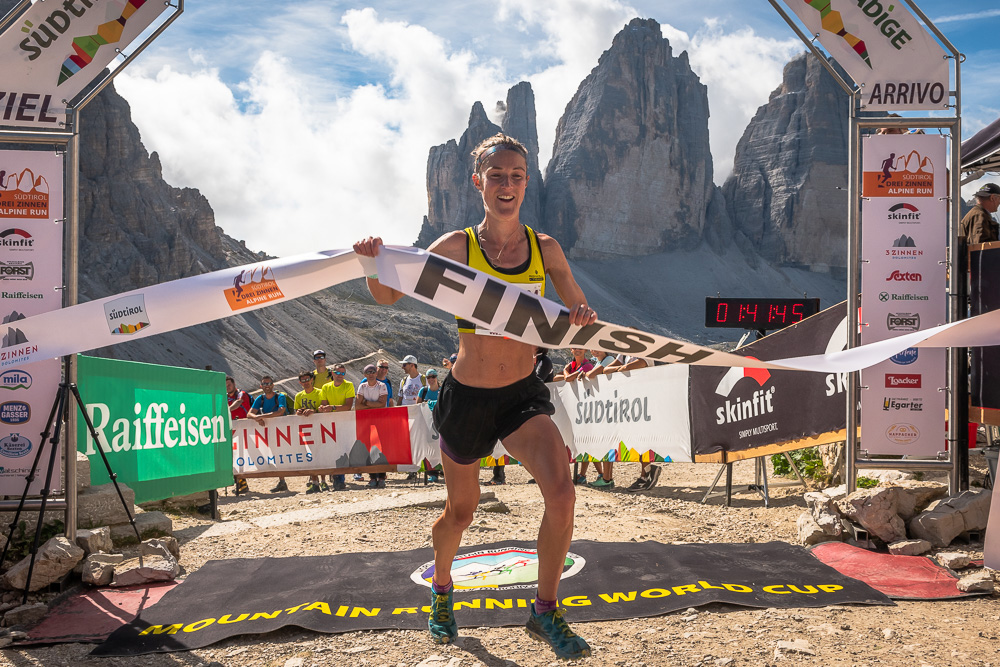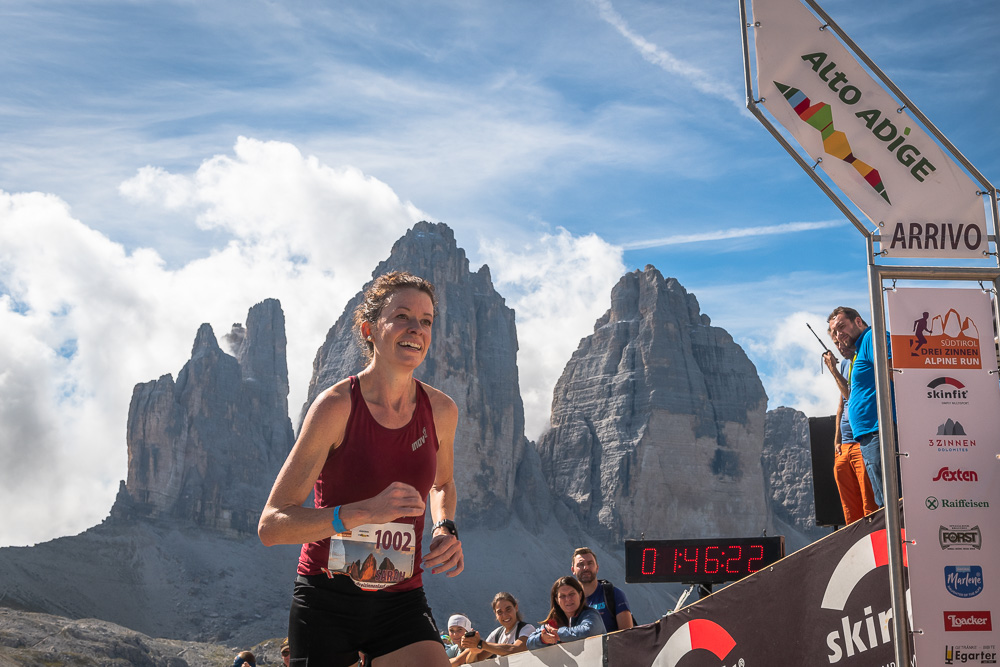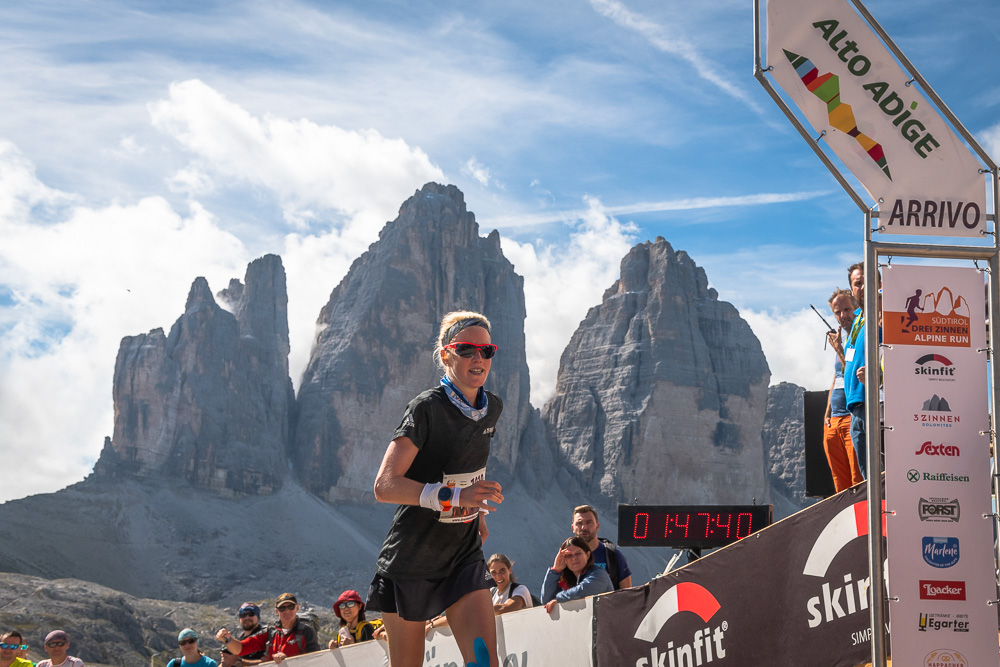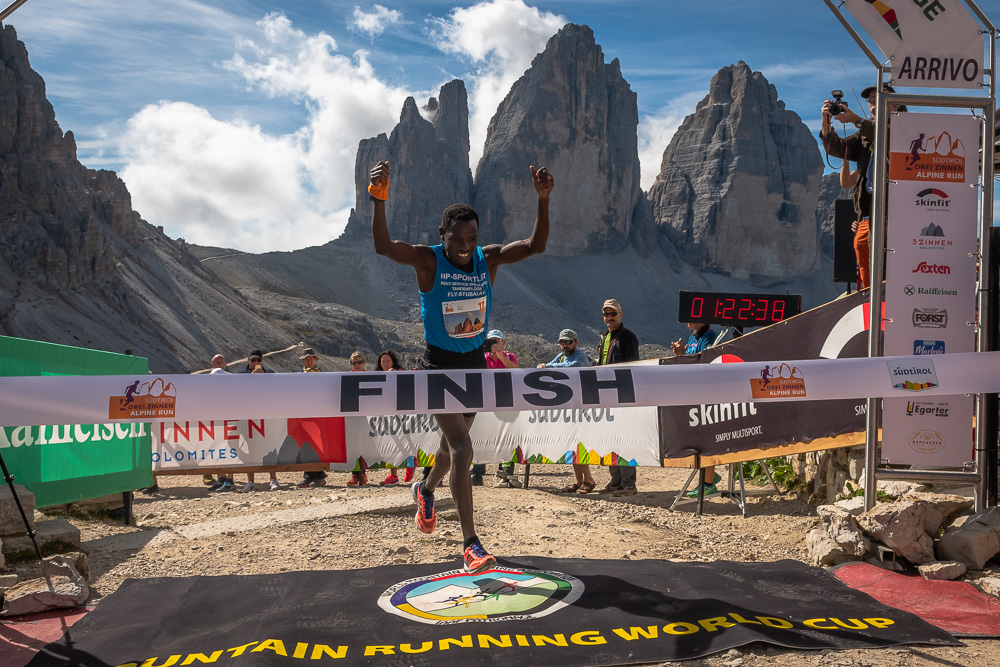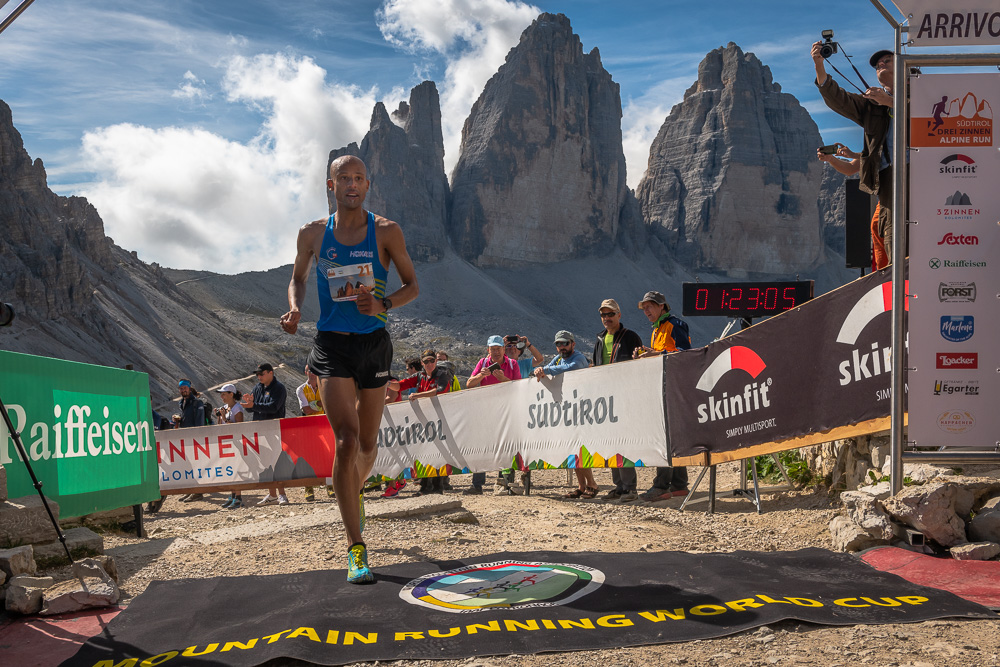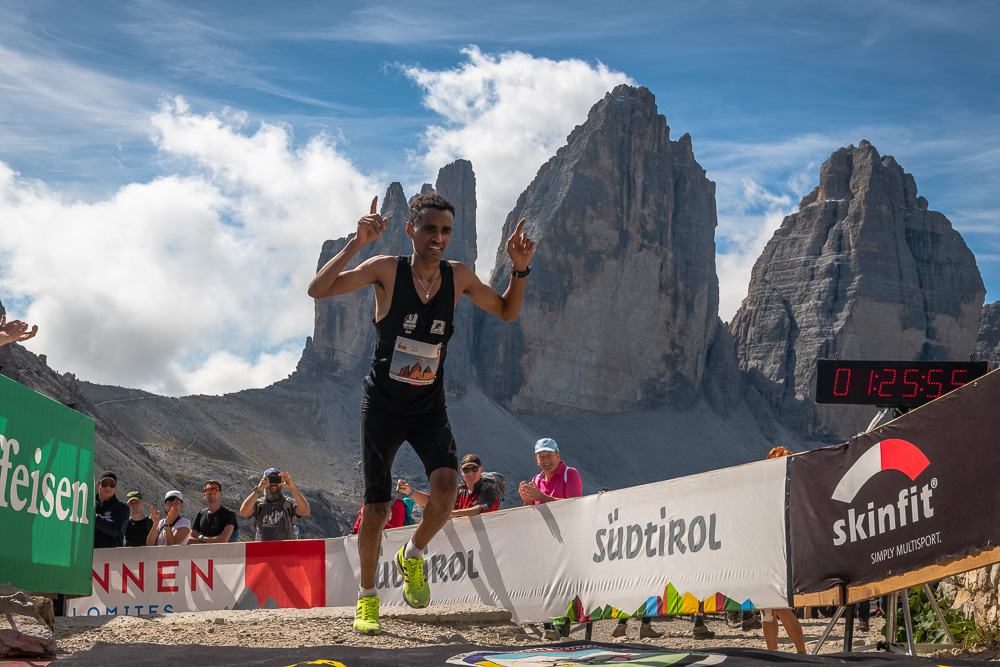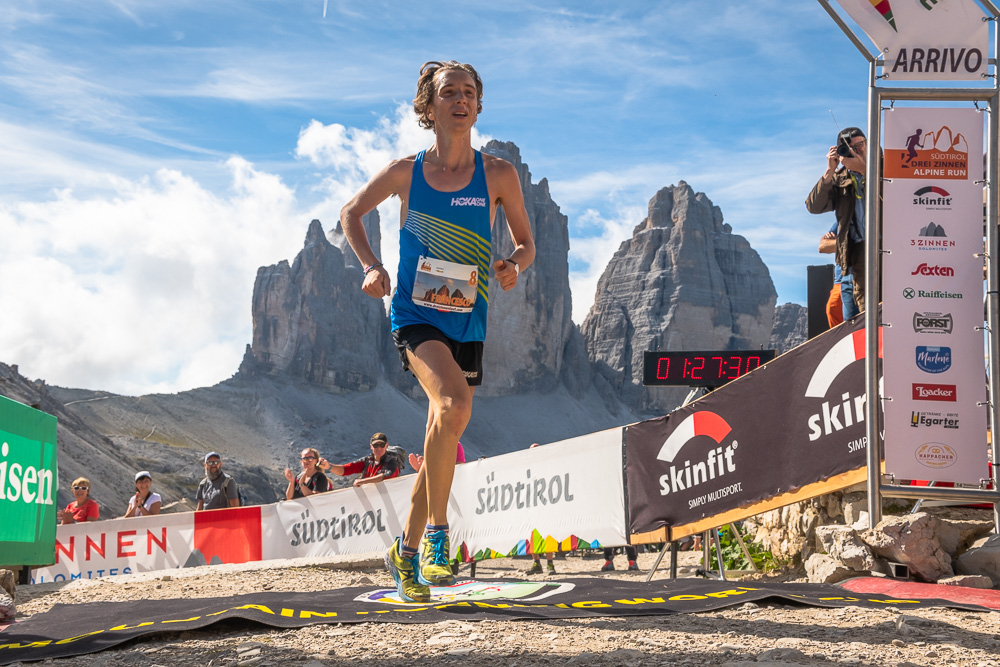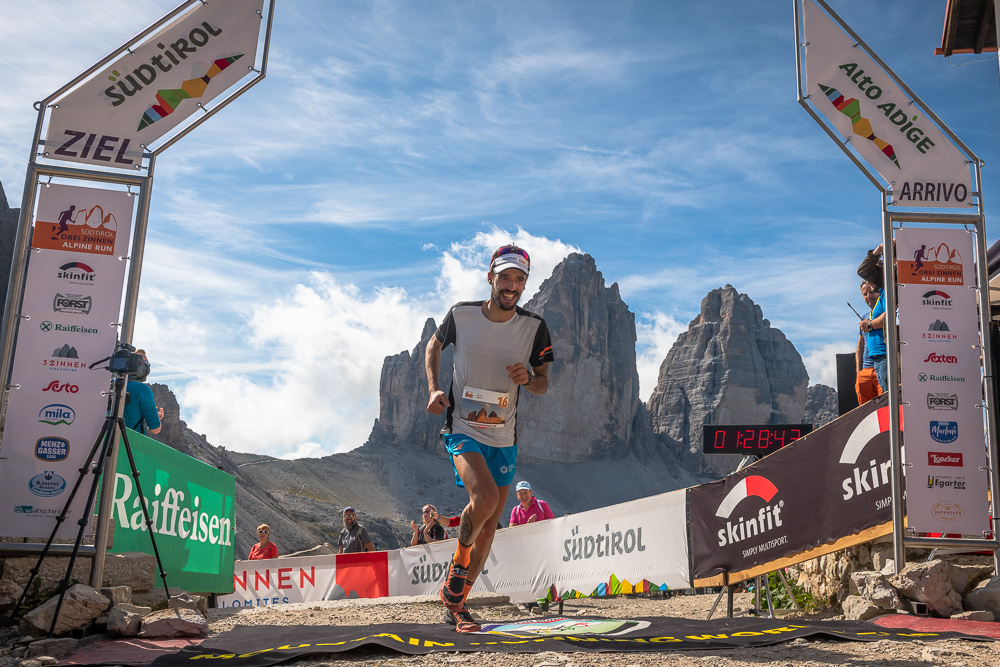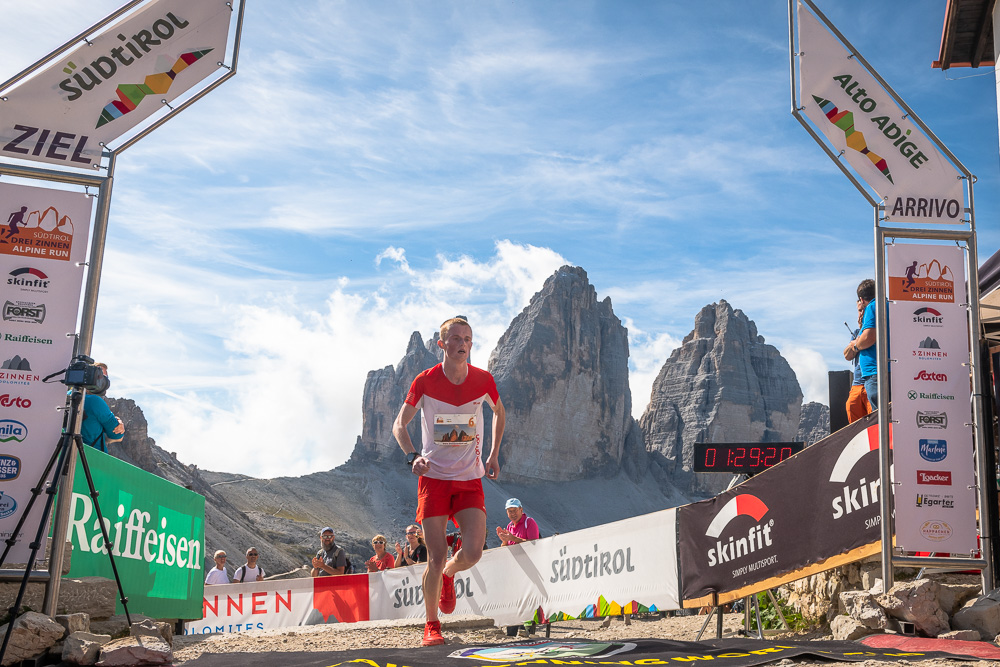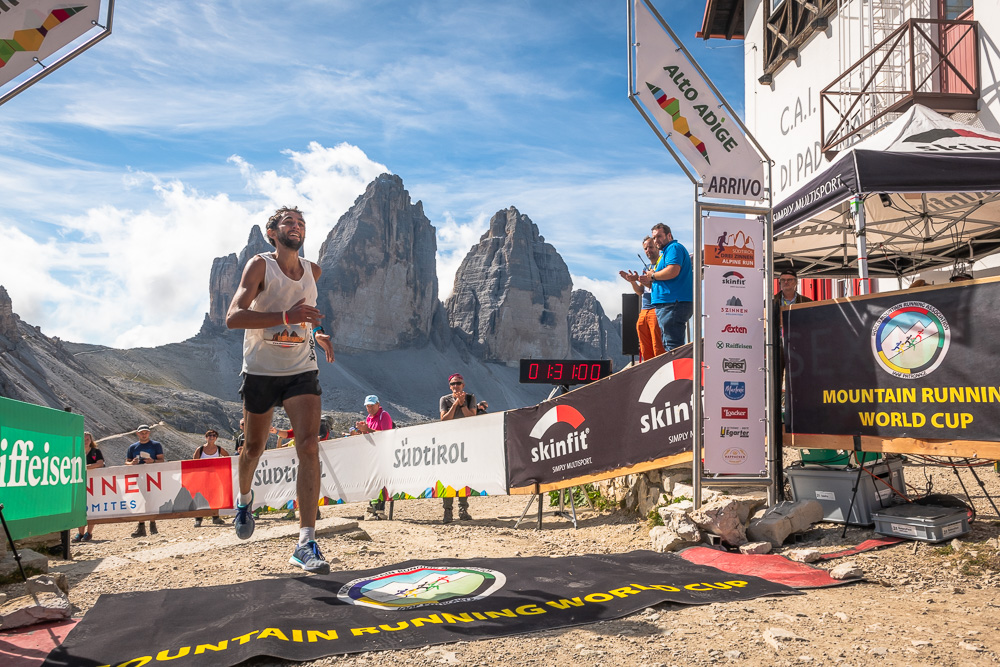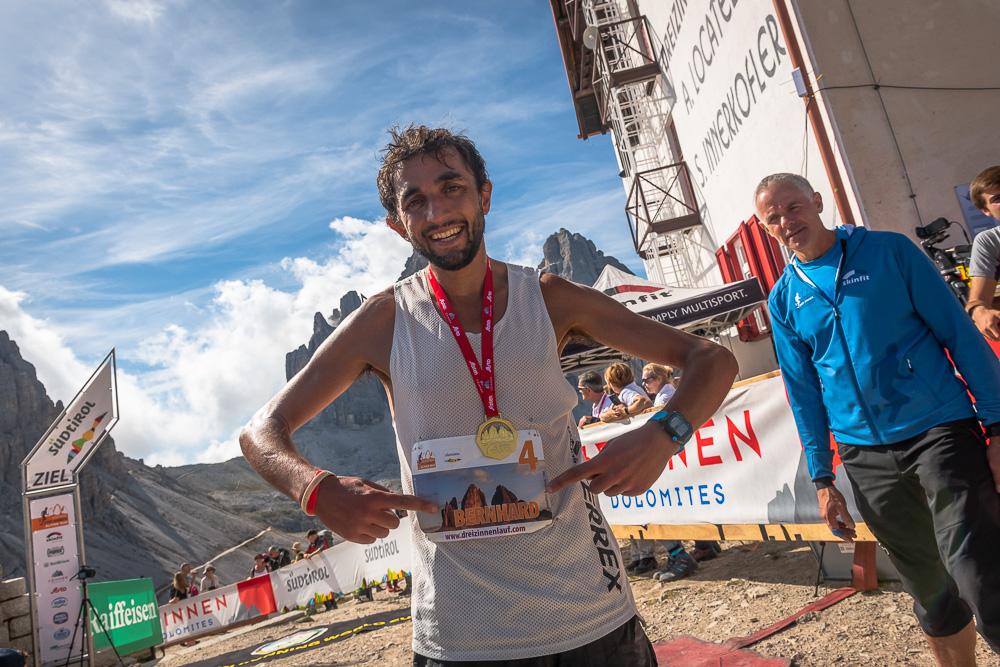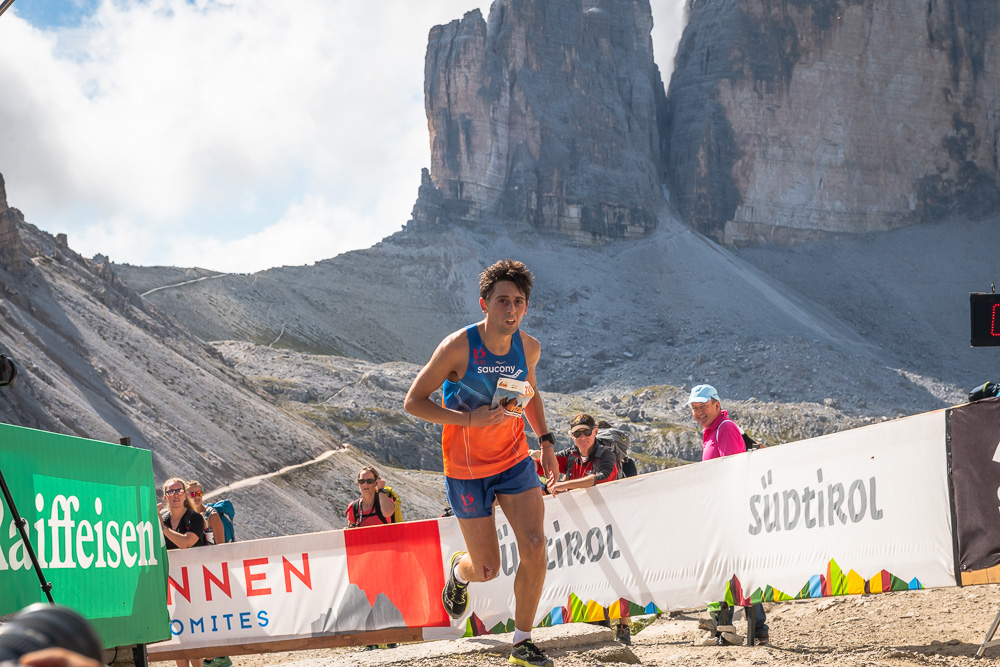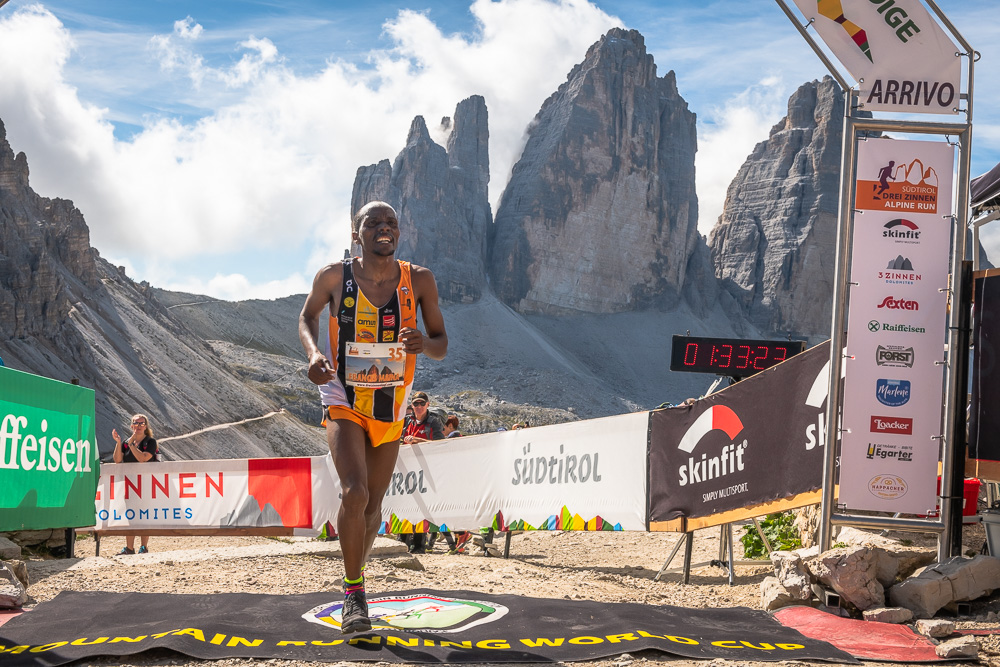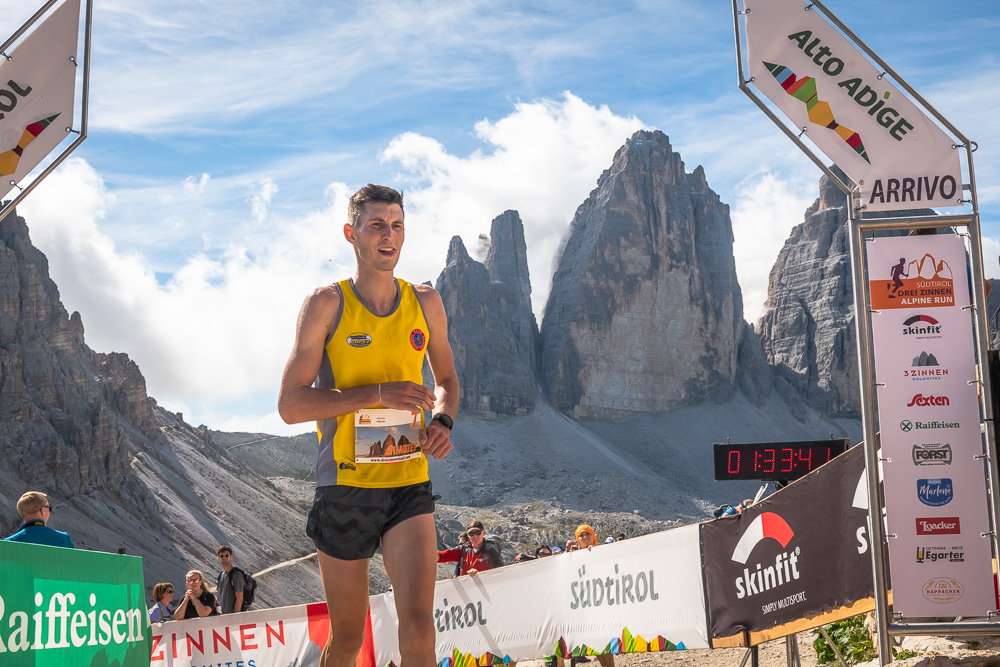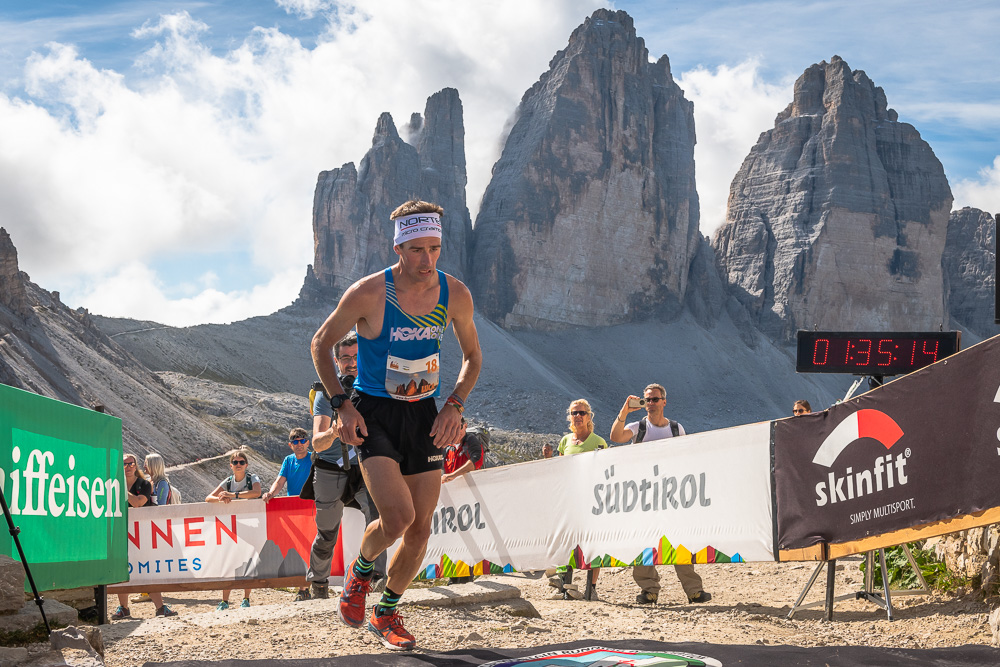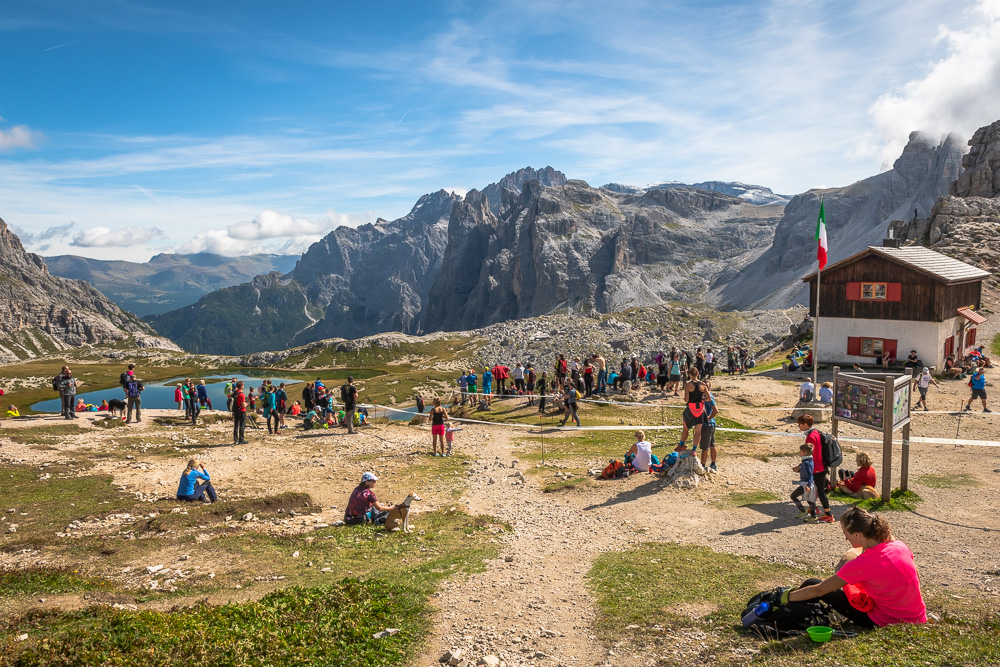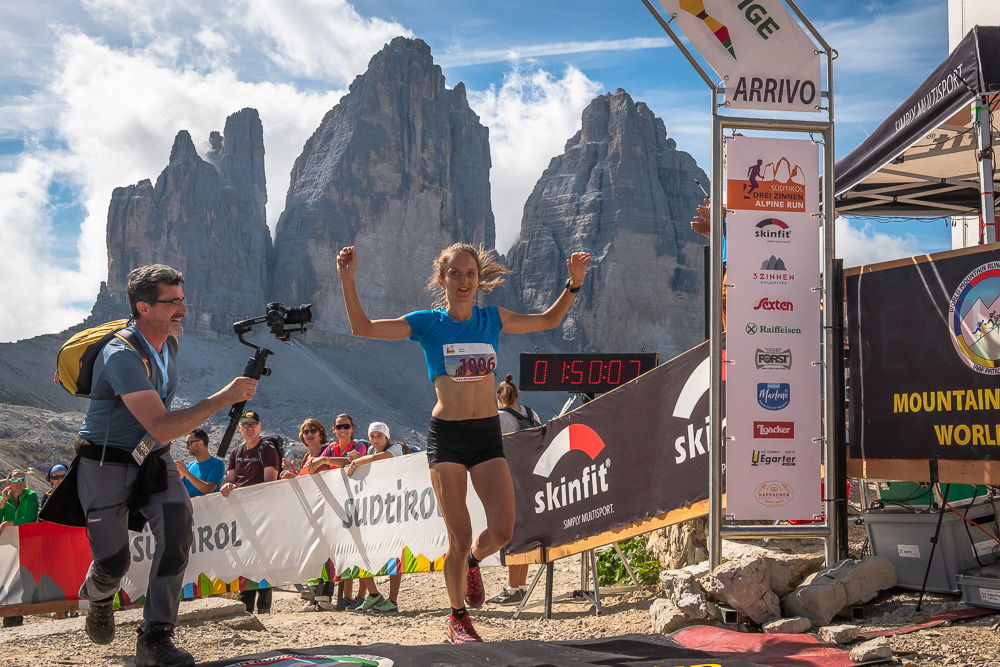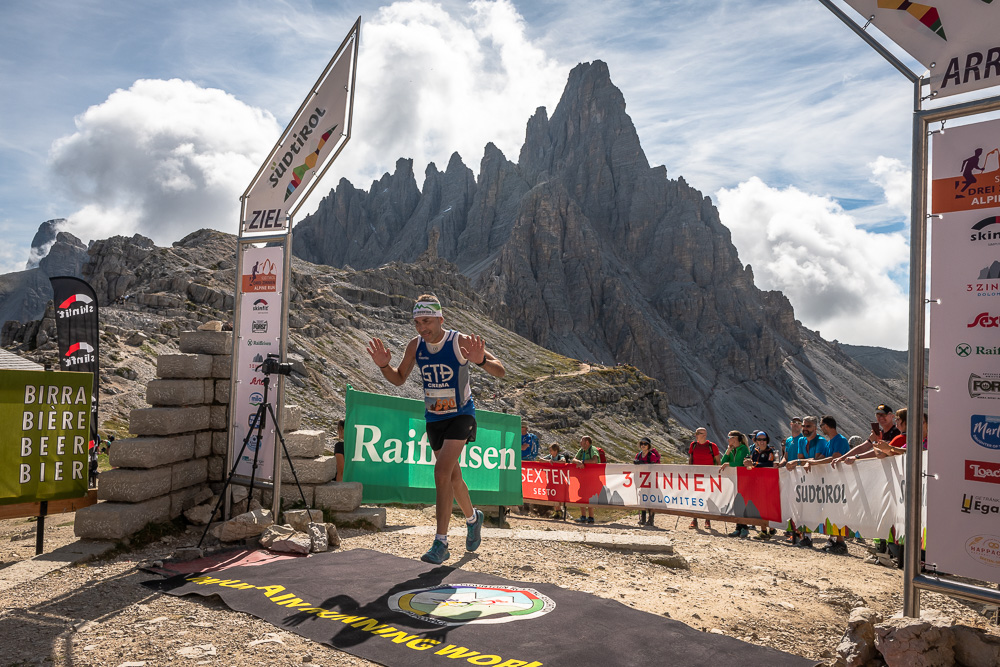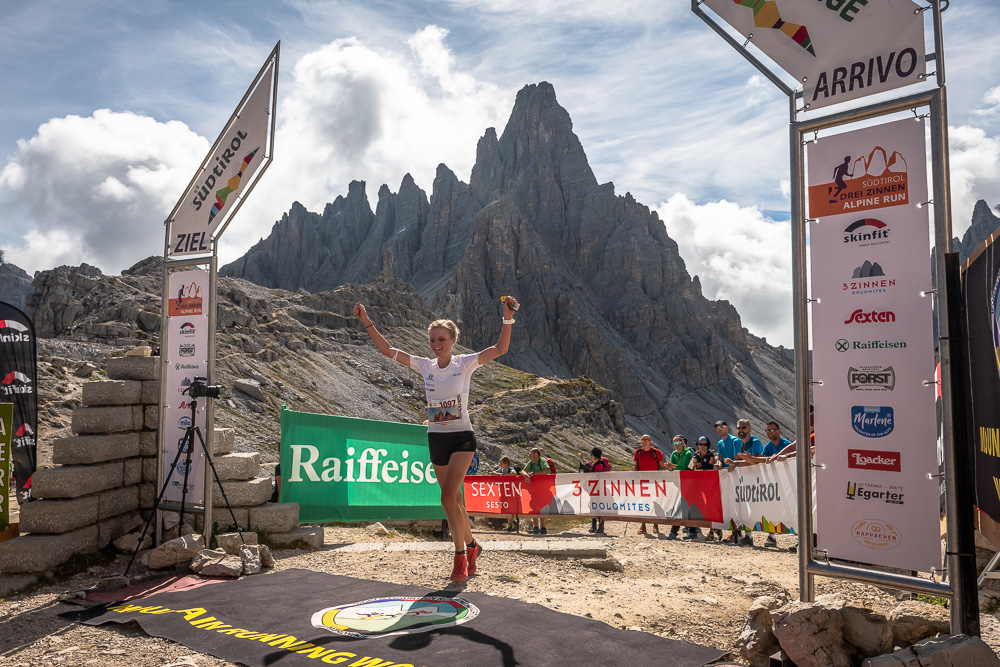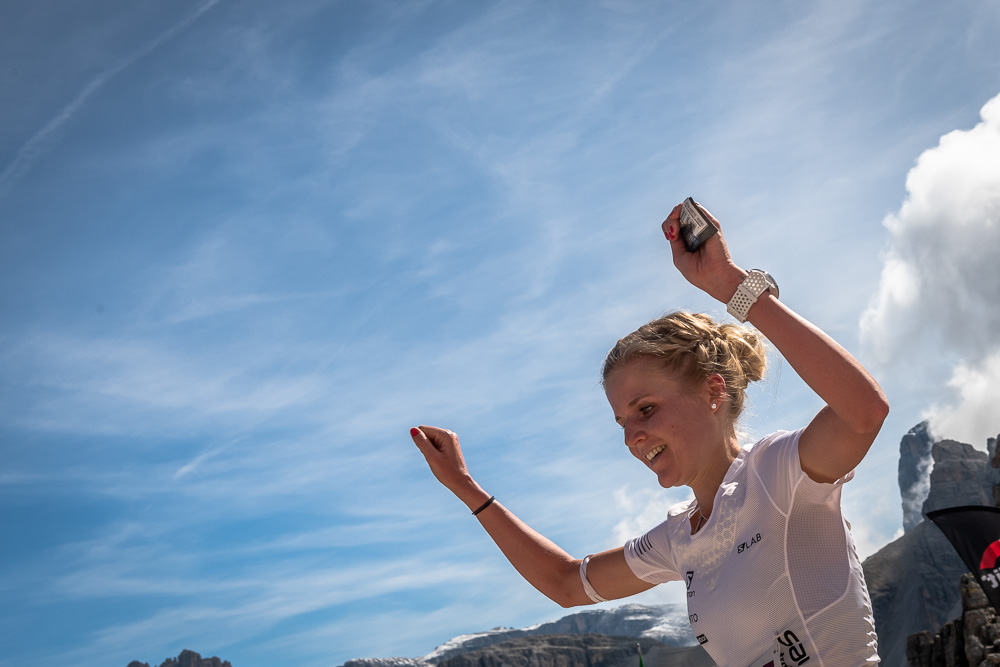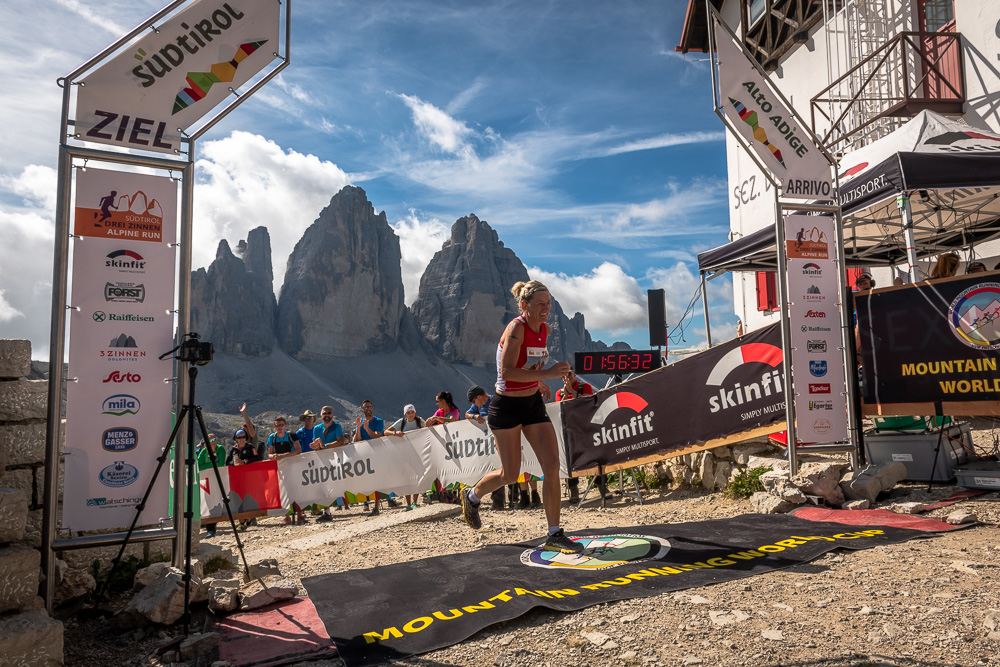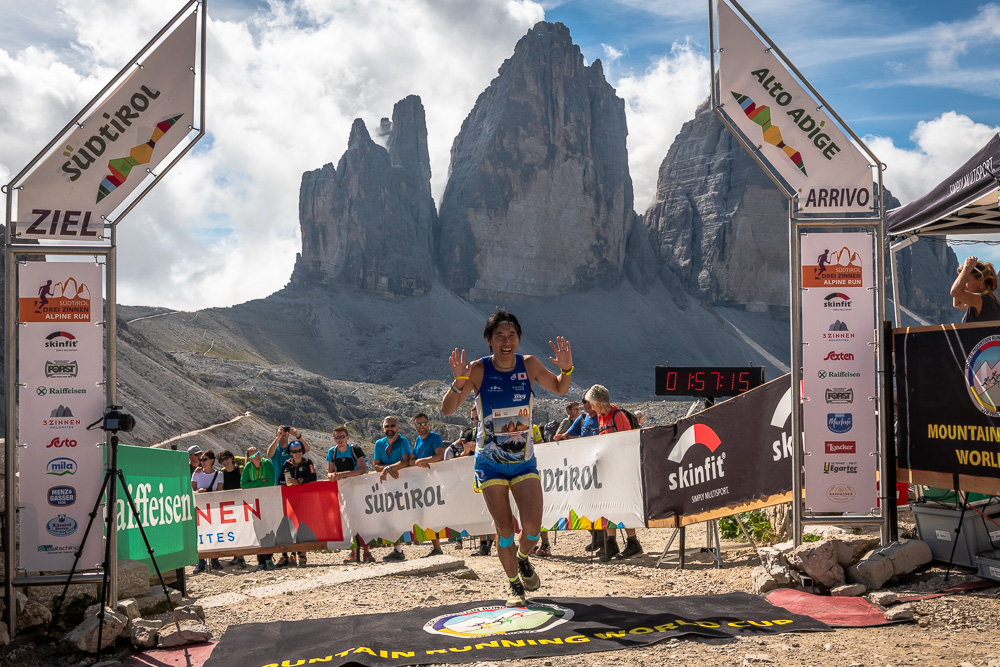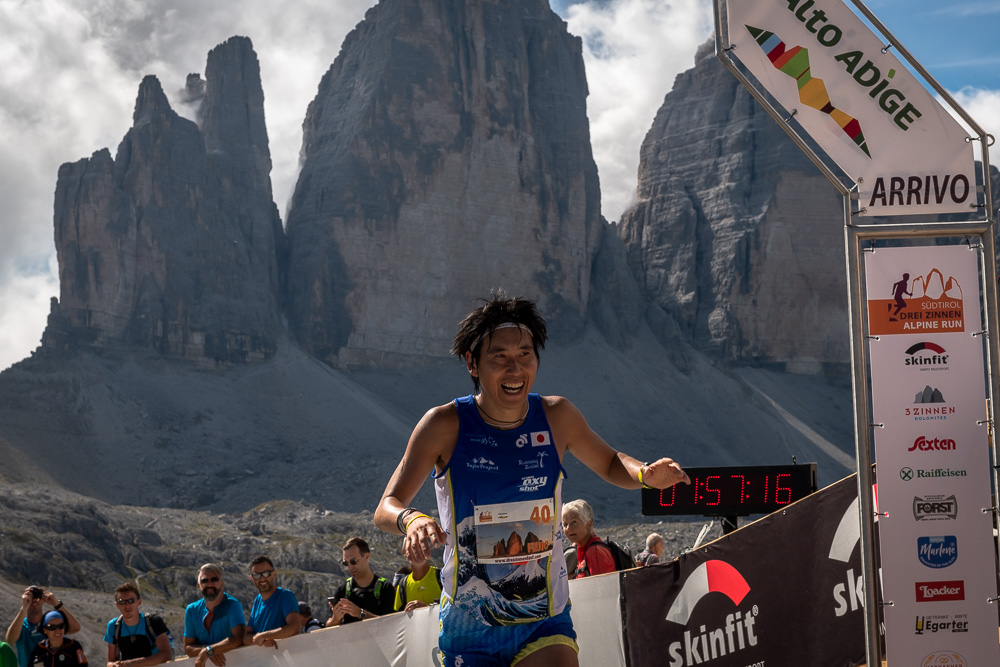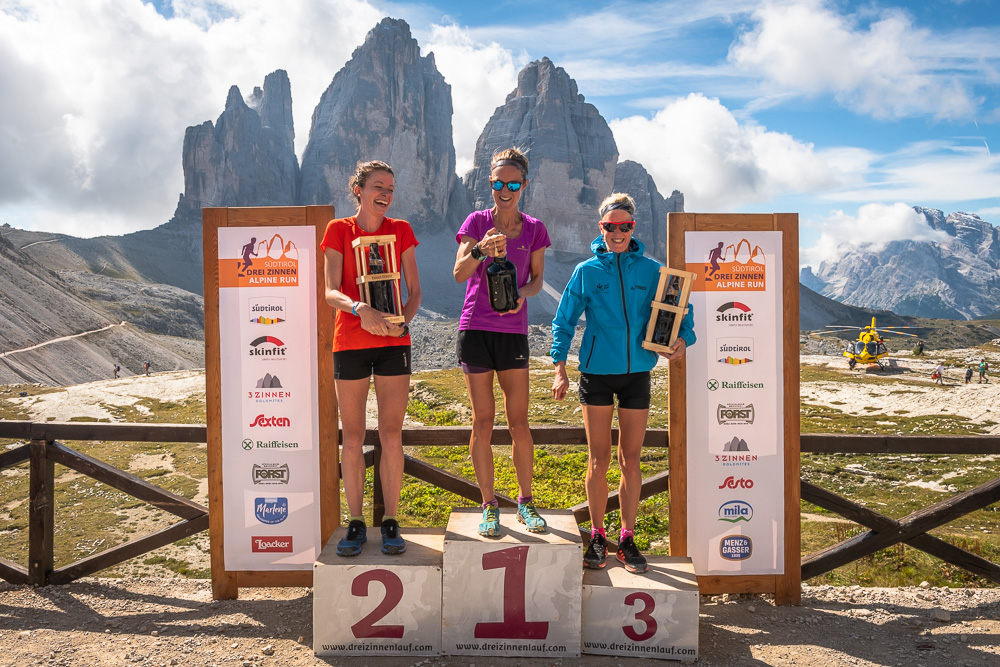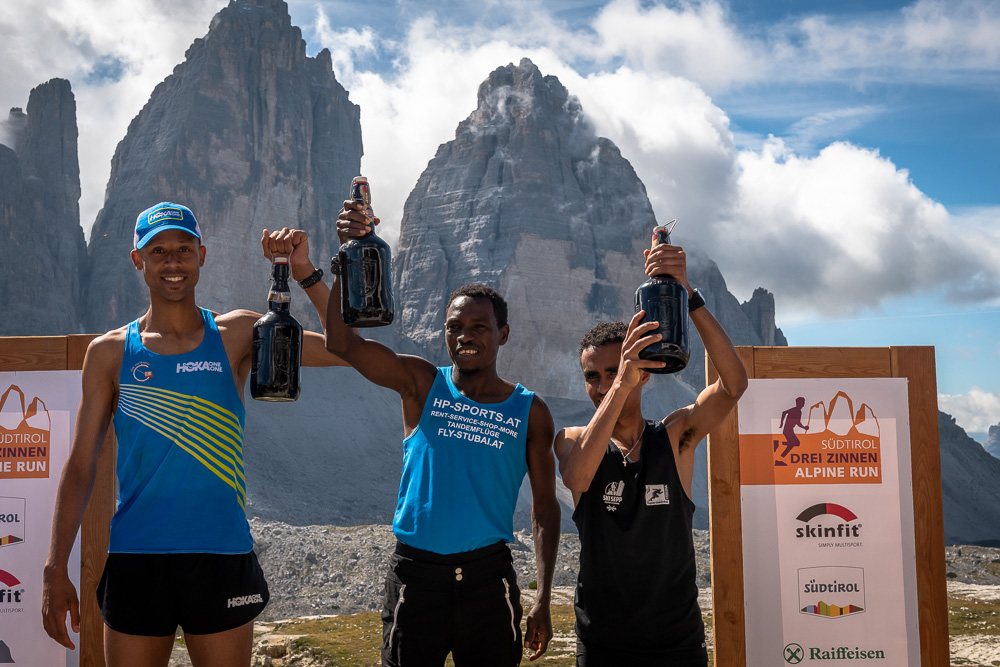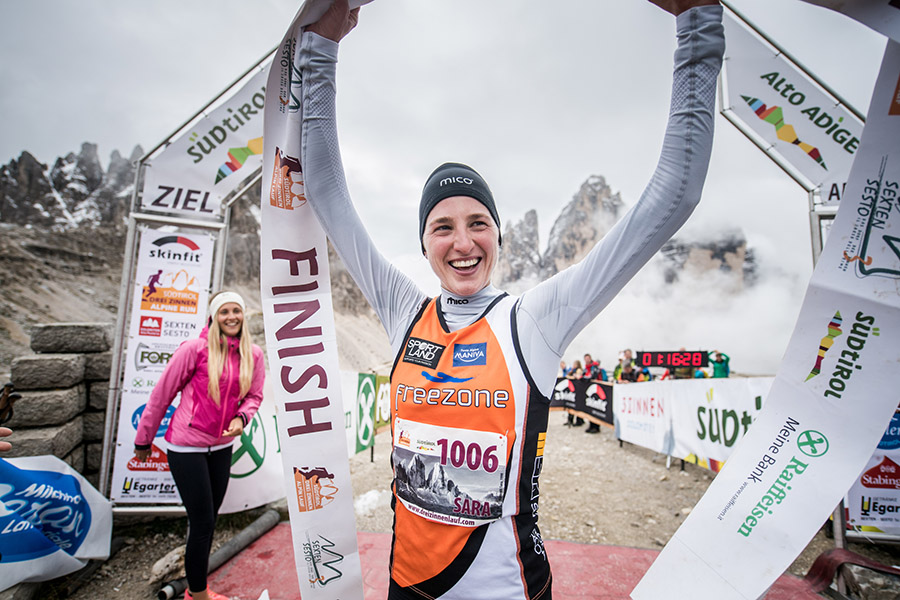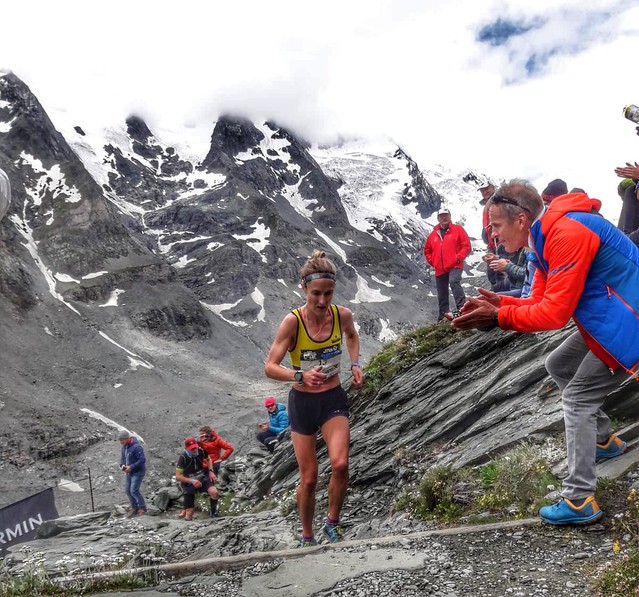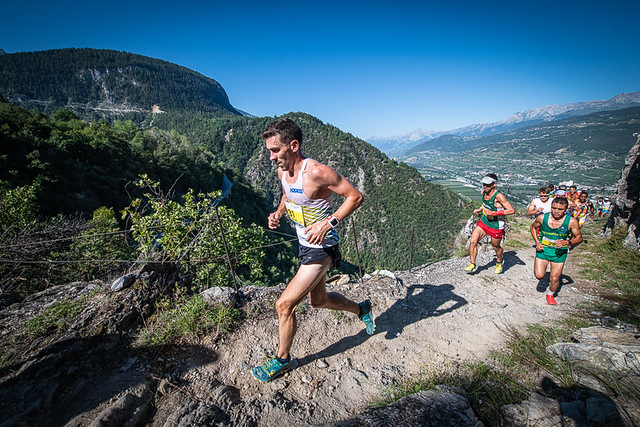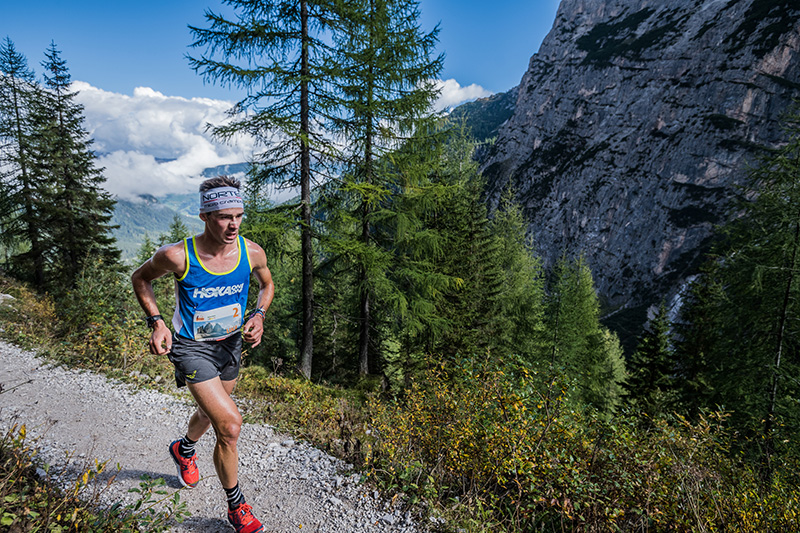The World Cup Heads to Portugal for Montemuro Vertical Run
The next Gold Label event in this year’s Valsir Mountain Running World Cup takes place on Sunday 2nd July in Castro Daire, Portugal, and it’s a classic mountain race.
The second Gold Label race of this year’s Valsir Mountain Running World Cup will take place on the 2nd of July at the Montemuro Vertical Run in the municipality of Castro Daire, Portugal. It’s just the third edition of this race and its second inclusion in the World Cup, but it has already revealed itself to be a classic in the making.
Our first World Cup visit to Castro Daire was in 2022 and it was also the World Cup’s first visit to Portugal. The course and the race didn’t disappoint and it was a Kenyan double for Joyce Njeru and Patrick Kipngeno. Unfortunately Kipngeno will not return this year, but Njeru will, off the back of a successful World Championships. Let’s take a look at the race and who we can expect to see on the start line this year.
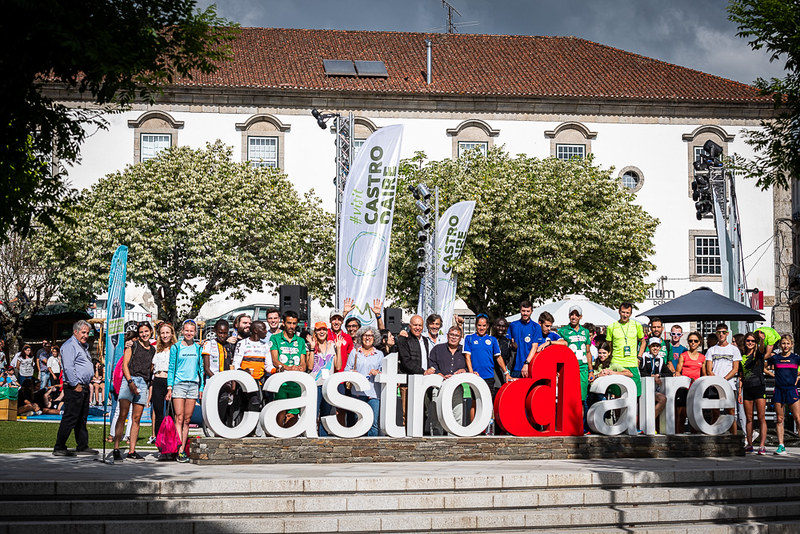 The region of Castro Daire is developing something of a reputation for mountain sports, having worked hard to develop its potential for running and cycling in recent years. There is a local circuit of 8 mountain running races and the Montemuro Vertical Run has hosted the Portuguese mountain running championships for the last two years.
The region of Castro Daire is developing something of a reputation for mountain sports, having worked hard to develop its potential for running and cycling in recent years. There is a local circuit of 8 mountain running races and the Montemuro Vertical Run has hosted the Portuguese mountain running championships for the last two years.
The Montemuro Vertical Run starts at 434m in Parada de Ester, just above the Paiva River. The opening kilometre takes the runners through the streets before they turn left, heading north toward the summit of Montemuro. This where the climbing really begins in earnest and athletes get little or no respite as it goes on more or less continuously to the finish, after a cruelly steep final climb, at 1,317m.
All in all it is 10.2km, 980m+ and 106m-, putting the race in the Classic Mountain category. A lot of the course is on decent paths and runnable, with some downhill sections where decisive moves could be made. Last year’s event showed that it is a course where we will see some fast racing.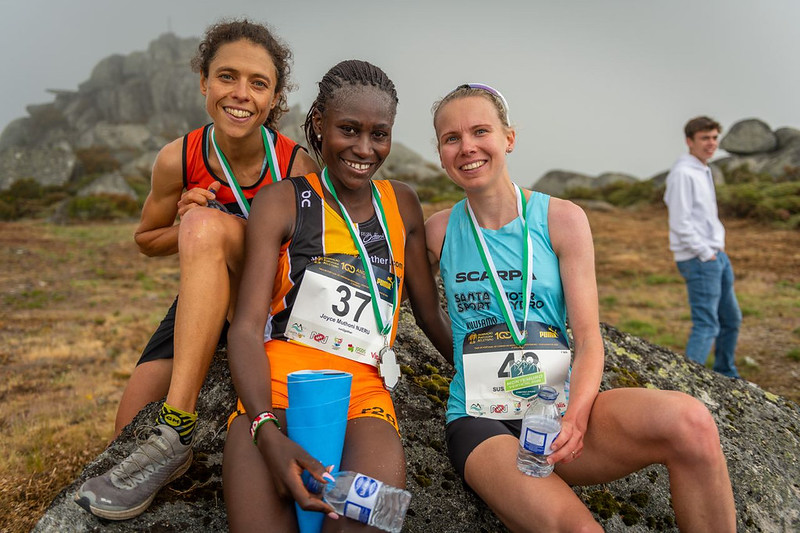
Joyce Njeru (KEN) will be back as the returning champion and, after her third placed finish in the recent classic race at the World Mountain and Trail Running Championships, she could be hard to beat. The whole of last year’s women’s podium will be back again this year, with Susanna Saapunki (FIN) and Camilla Magliano (ITA) both returning too.
But they will face even more competition this year if they want to get on the podium again. Scout Adkin (GBR), fresh from achieving 8th place in the uphill race and 12th in the classic race at the World Championships, will be expected to feature. Lucy Wambui (KEN) is always one to watch, and she will toe the line alongside Charlotte Cotton (BEL), who was 9th here last year, as well as a whole host of strong Portuguese athletes, including Joana Soares, 6th last year and the course record holder.
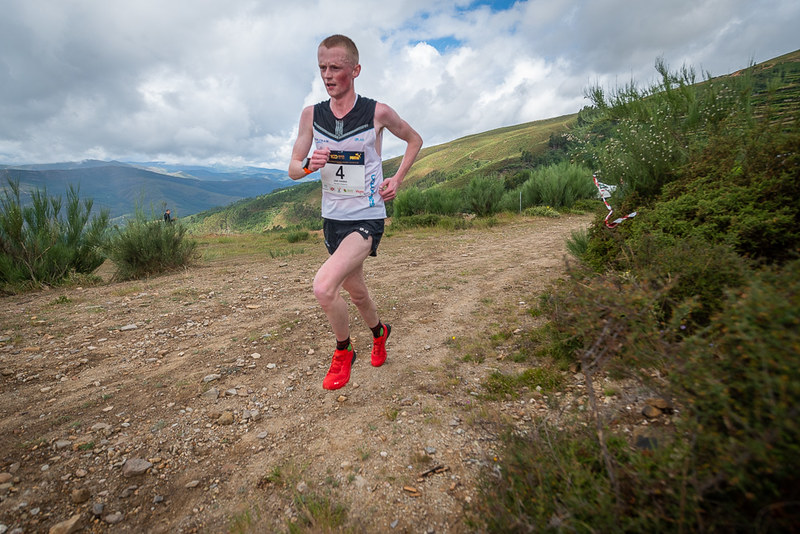 Kipngeno may not be there, but the second placed male runner from 2022 will. Zak Hanna (IRL) was 4th at the Broken Arrow Vertical Race two weeks ago and will be a strong contender again here. But he will face competition from a highly international men’s field.
Kipngeno may not be there, but the second placed male runner from 2022 will. Zak Hanna (IRL) was 4th at the Broken Arrow Vertical Race two weeks ago and will be a strong contender again here. But he will face competition from a highly international men’s field.
Marek Chrascina (CZE), last year’s 4th place finisher and the 2019 bronze medallist at the World Championships, will return. Raul Criado (ESP) is fast becoming a familiar name in World Cup races and he will arrive in Castro Daire on the back of two 11th place finishes at Broken Arrow. Alex Baldaccini (ITA) is another big name on the start list, having been our 2017 men’s World Cup overall winner. Alexandre Ricard and Remi Leroux of Canada, Pablo Camescasse (ESP), Alric Petit (FRA), a group of young British athletes including Matthew Knowles, and a host of strong local athletes will make it an interesting World Cup battle.
We may even see some exciting new talent emerging in both the men’s and women’s races, just as we did at Broken Arrow.
The women’s race will start at 10am on Sunday, followed by the men’s race at 10.10am. We look forward to bringing you the action as it happens via our social media channels.



